The President
Section 1. The President shall be the Head of the State and the Commander-in-Chief of all the Armed Forces of the Philippines.
Section 2. The President shall be elected from among the Members of Parliament by a majority of all its Members, and must at least 40 years old on the day of his election and resided in the Philippines for at least 10 years immediately preceding his election. However, if no Member of Parliament is qualified or those qualified does not compose the majority of the Members, any Member thereof may be elected President.
Section 3. The President shall serve for a term of five years which shall commence from the date he takes his oath of office within three days after his proclamation by Parliament, and shall end at twelve noon on the day his successor shall take the same oath. Upon taking his oath, the President shall cease to be a Member of Parliament and of any political party. Unless otherwise provided in this Constitution, he shall be ineligible to hold any other office during his term.
Section 4. On assuming office, the President shall take the following oath or affirmation:
“I do solemnly swear (or affirm) that I will faithfully and conscientiously fulfill my duties as (name of position) of the Republic of the Philippines, preserve and defend its Constitution, execute its laws, do justice to every person, and consecrate myself to the service of the Nation. So help me God.” (In case of affirmation, the last sentence will be omitted.)
Section 5. The President shall have an official residence and shall receive a compensation and emoluments to be fixed by law, which shall not be increased or decreased during his term of office.
Section 6. The Office of the President shall enjoy fiscal independence. Appropriations for the said office shall be periodically increased by as much as the projected rate of inflation for the current fiscal year and shall not, under any situation, be decreased below the amount appropriated for the previous year. After approval of the budget by Parliament, the amounts so appropriated shall be automatically and regularly released.
Section 7. The President shall be subject to the provisions of Sections 10 and 11 of [the Parliament article] of this Constitution.
Section 8. The President, upon the advice of the Prime Minister and whenever it becomes necessary, may call out such armed forces to prevent or suppress lawless violence, invasion or rebellion. In case of invasion, rebellion or imminent danger thereof, upon the advice of the Prime Minister and when the public safety requires it, he may, for a period not exceeding sixty days, suspend the privilege of the writ of habeas corpus or place the Philippines or any part thereof under martial law. Within forty-eight hours from the proclamation of martial law or the suspension of the writ of habeas corpus, the Prime Minister shall submit a report in person or in writing to Parliament. Parliament, by a vote of at least a majority of all its Members in regular or special session, may revoke such proclamation or suspension, which revocation shall not be set aside by the President and the Prime Minister. Upon the initiative of the Prime Minister and approved by the President, Parliament may, in the same manner, extend such proclamation or suspension for a period to be determined by Parliament, if the invasion, rebellion or imminent danger thereof shall persist and public safety requires it. Parliament, if not in session, shall, within twenty-four hours following such proclamation or suspension, convene in accordance with its rules without need of call.
Section 9. Except in cases of impeachment, or as otherwise provided in this Constitution, the President, upon the recommendation of the Prime Minister, may grant pardon, and, after conviction by final judgment, grant reprieves, commutations, and remit fines and forfeitures. He shall, upon the recommendation of the Prime Minister, have the power to grant amnesty with the concurrence of a majority of all the Members of the Parliament.
Section 10. The President shall have the following duties and functions:
- Address Parliament at the opening of its regular session (he may also appear before it any other time)
- Proclaim the election of the Prime Minister
- Dissolve Parliament and call for a general election as provided herein
- Accept the resignation of the Cabinet as provided herein
- Attest to the appointment or cessation from office of members of the Cabinet, and of other officers as may be provided by law;
- Recommend the appointment of all officers and employees in his office to the Commission on Appointments
- Perform such other duties and functions of state as may be provided by law.
Section 11. The President and the Prime Minister shall be immune from suit during their respective tenures, provided that the penalty does not exceed 6 years of imprisonment.


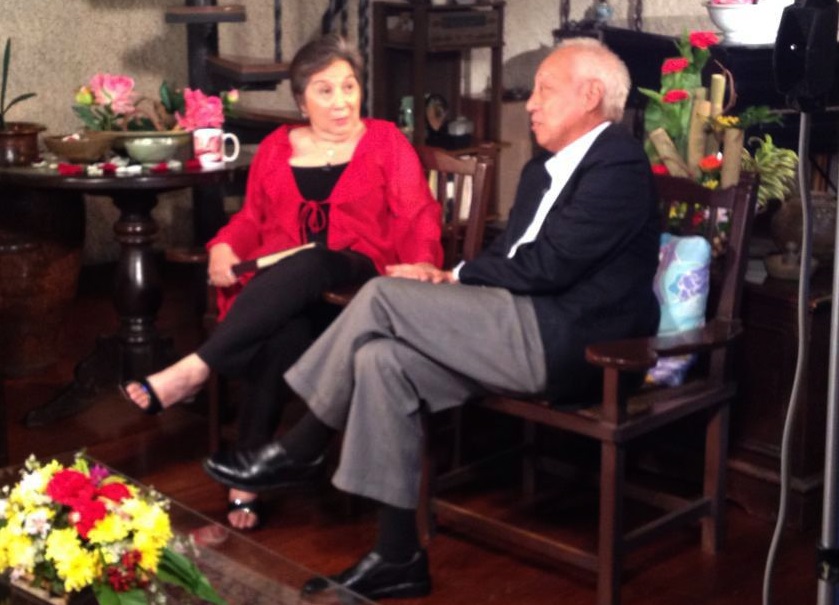
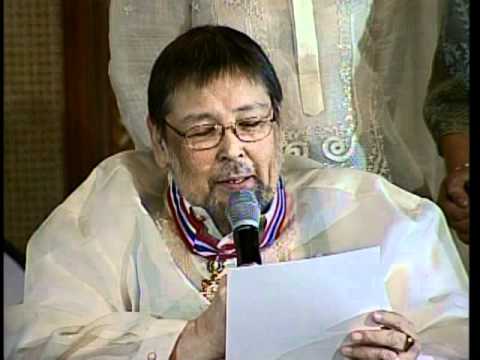
 I believe: This is a CoRRECT™ Video with a very positive message
I believe: This is a CoRRECT™ Video with a very positive message Walang Natira: Gloc-9's MTV Rap about the OFW Phenomenon
Walang Natira: Gloc-9's MTV Rap about the OFW Phenomenon



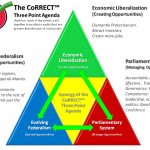




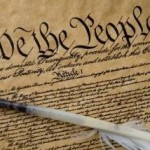

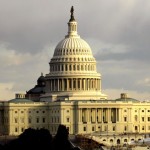

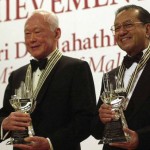

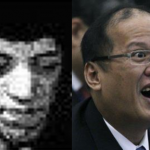

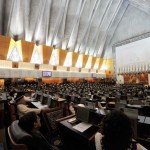

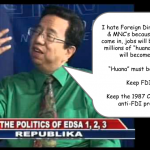

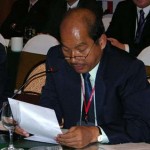
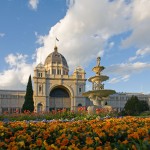




The Constitution must explicitly spell out the very reason why we need a separate head of state. To simply put forward that the Philippines should have the President and only that may result to the instability of the position’s existence. Monarchy exists amidst the strong tide of republicanism because of a very simple duty to be the symbol of the country’s national identity. Consequently, the President must do the same.
Henceforth, the President must be directly elected by the people. They must have the choice of who they want to represent them and remind the Government and all other politicians that they exist and perform the duties and privileges expected to their positions at the pleasure of the Filipino people. This would also make the President directly accountable to the electorate and not to any other politician.
Being a head of state in a parliamentary government is a decisive and dangerous role. He/She must remain to be politically neutral so as not to be deeply involved in political mudsliding and other wickedness of the same sorts.